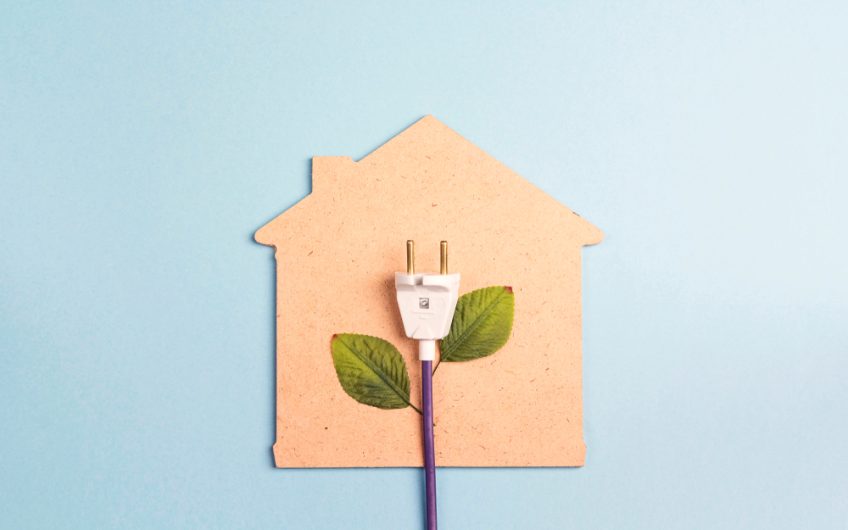
As the climate change debate rages across the world, here at home in the UK, hard-pressed householders are facing the latest increase in energy prices.
Reports by the BBC highlight that over 12 million UK homes fall below the energy efficiency grade of C on Energy Performance Certificates (EPCs), resulting in inflated energy costs and increased CO2 emissions.
In the rental sector, landlords are legally obliged to provide homes with an EPC rating of E or higher, with standards slated for further elevation. Consequently, many landlords are seeking ways to diminish energy bills through eco-friendly means. Here are some savvy strategies to achieve just that:
Embrace SMART Technology
Smart meters, by providing real-time energy data, empower users to make eco-friendly choices that cut costs. In rental spaces, they enable accurate billing and prompt energy-saving actions, reducing both expenses and environmental impact. Smart thermostats for instance, automatically adjust to tenants' temperature preferences and shut off when the property is unoccupied. This not only slashes energy bills by approximately £110 yearly but also reduces the carbon footprint.
Consider Double or Triple Glazing
While it may not be feasible for every landlord due to potential cost and extensive work, investing in double or triple glazing substantially enhances property value. These installations significantly reduce heat loss through windows and doors, leading to substantial energy savings. For instance, linear triple glazed windows could potentially save tenants up to 50% more than double-glazing figures.
Opt for LED Lighting
Switching traditional bulbs to LEDs in high-traffic areas or frequently used spaces like the kitchen can be a simple yet impactful energy-saving measure. Although the initial cost might be higher, the long-term benefits are substantial. LEDs use 75% less energy and boast longer lifespans compared to incandescent lighting.
Upgrade Heating Systems
Outdated boilers can significantly impact a property's energy efficiency, often operating at just 65% efficiency. Modern boilers, particularly condensing boilers, recover more heat from exhaust flue gas. Considering the UK's ambitions for net-zero emissions by 2050, transitioning to low carbon heating systems, like heat pumps, is becoming increasingly essential. When choosing a boiler, it's crucial to assess your specific household needs, space availability, and long-term energy-saving goals to make the most efficient choice.
- Combi Boilers: They are energy efficient for smaller homes with low hot water demands, taking up less space and providing instant hot water. However, they might struggle to supply hot water to multiple outlets simultaneously.
- System Boilers: Ideal for larger homes with multiple bathrooms, they also eliminate the need for a cold water tank, saving space. But, like heat-only boilers, they don't provide hot water on demand.
- Heat-only Boilers: Suitable for larger homes with higher hot water demands. They require a water tank and are less space-efficient compared to combi boilers. They might run out of hot water during peak usage times.
- Storage Combi Boilers: They combine the benefits of a combi and system boiler, offering hot water on demand while having an internal hot water cylinder. They save space compared to traditional system boilers but might have limitations on hot water capacity.
In terms of efficiency:
- Condensing Boilers: These are considered more efficient than non-condensing models, typically around 25% more efficient. They recycle waste heat to heat water, reducing fuel consumption and emissions.
Considering low carbon options for the future, alternatives like solar water heating, ground source heat pumps, air source heat pumps and electric central heating are eco-friendly options, although the feasibility might depend on your location, space, and initial investment.
In the evolving landscape towards eco-friendly practices, cutting-edge solutions are constantly being developed. Consider implementing these energy-efficient strategies to trim bills and contribute to a greener, sustainable future.
Considering professional property management services is also worth exploring. Hiring a property management company can help streamline the handling of maintenance and inspections.
Thinking of letting a property? Here at Key Property Consultants we are client-driven in everything we do. Find out more about us here.










